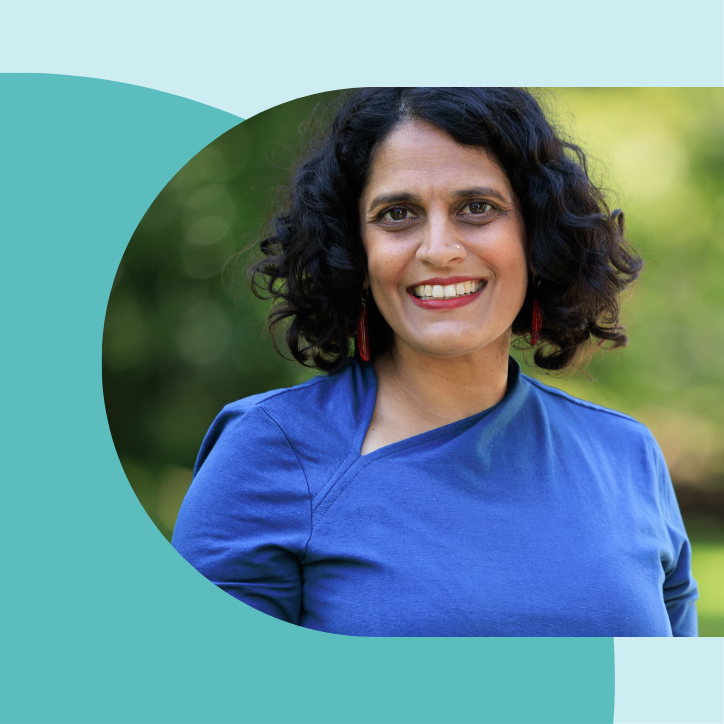Ami Zota is the founder and director of Agents of Change initiative. Dr. Zota is an Associate Professor in the Environmental Health Sciences department at Columbia University Mailman School of Public Health. Dr. Zota’s work seeks to secure environmental justice and improve health equity through advancements in science, policy, and clinical practice. Her research identifies novel pathways linking social disparities, environmental exposures, and reproductive and children’s health. She received a career development award from the National Institutes of Health and was recently recognized as a Pioneer Under 40 in Environmental Public Health by the Collaborative on Health and the Environment.
Dr. Zota is equally committed to developing innovative approaches for science translation so that her research can more effectively be used to inform individual and collective decision-making. Her research has been featured in high-impact national and international media publications including the Washington Post, LA Times, USA Today, Huffington Post, and the Atlantic Monthly. She has helped shape health and safety standards for consumer product chemicals by participating in legislative briefings and communicating science through the media.
Her scientific research and communication activities have been funded by a variety of sources including National Institutes of Health, US Department of Housing and Urban Development, and private foundations. She received her masters and doctorate in environmental health at the Harvard School of Public Health.
We need to empower the next generation of environmental health and justice leaders to speak up, share their bold ideas, and to act quickly and decisively so we can develop effective solutions to protect our ecosystems and humanity. A key part of this empowerment is centering the voices of scientists and scholars that have been neglected for far too long. Science and media are not traditionally diverse or inclusive institutions. Many bright minds from historically underrepresented backgrounds are never encouraged to cultivate their ideas because of institutional bias and unspoken penalties for being different. I am happy to provide these emerging leaders with a digital megaphone.”



